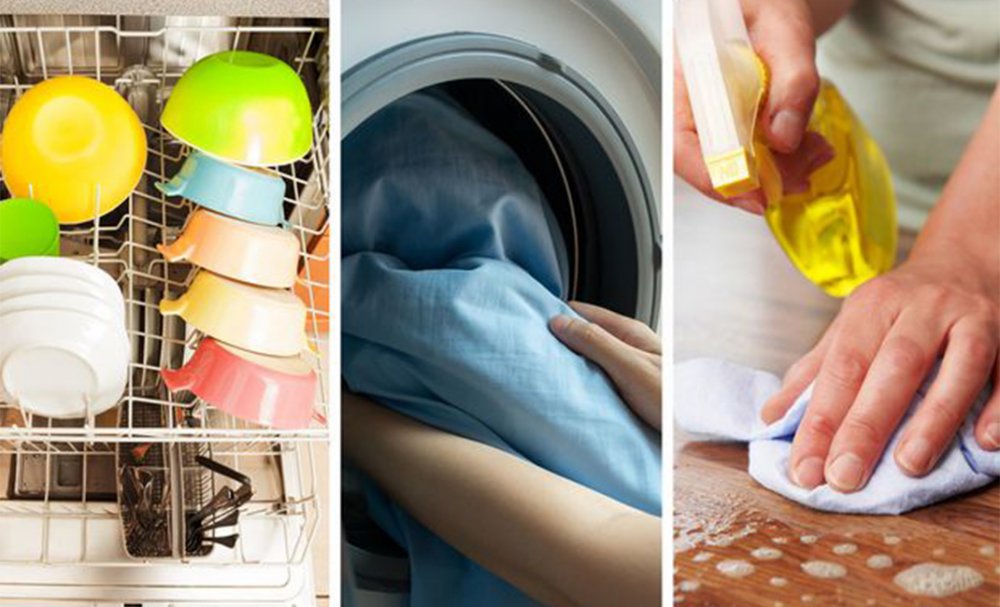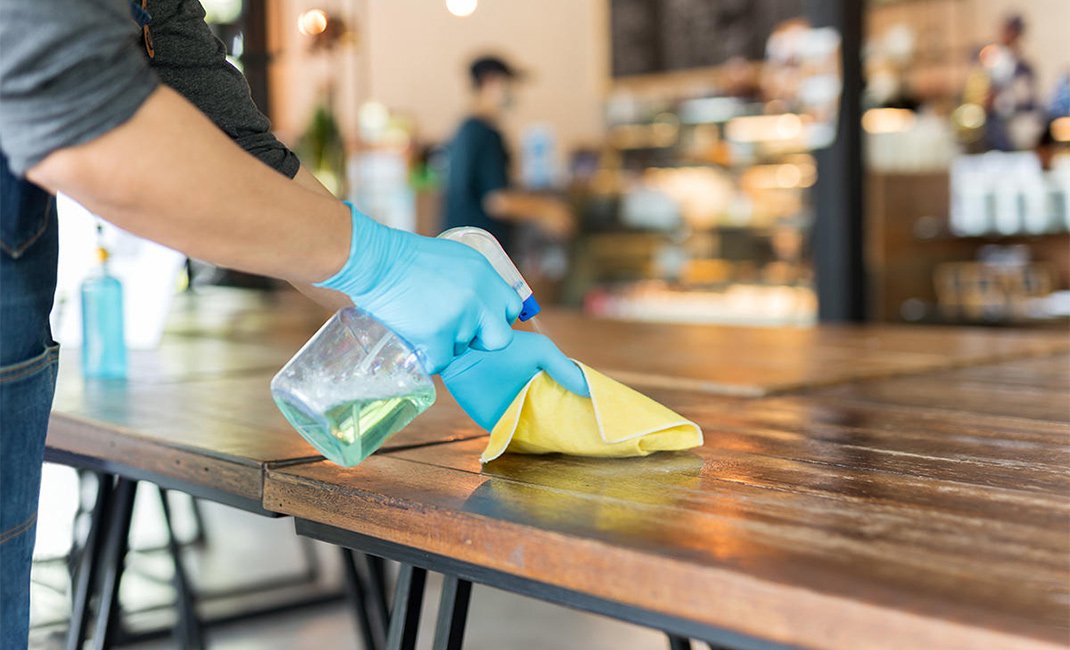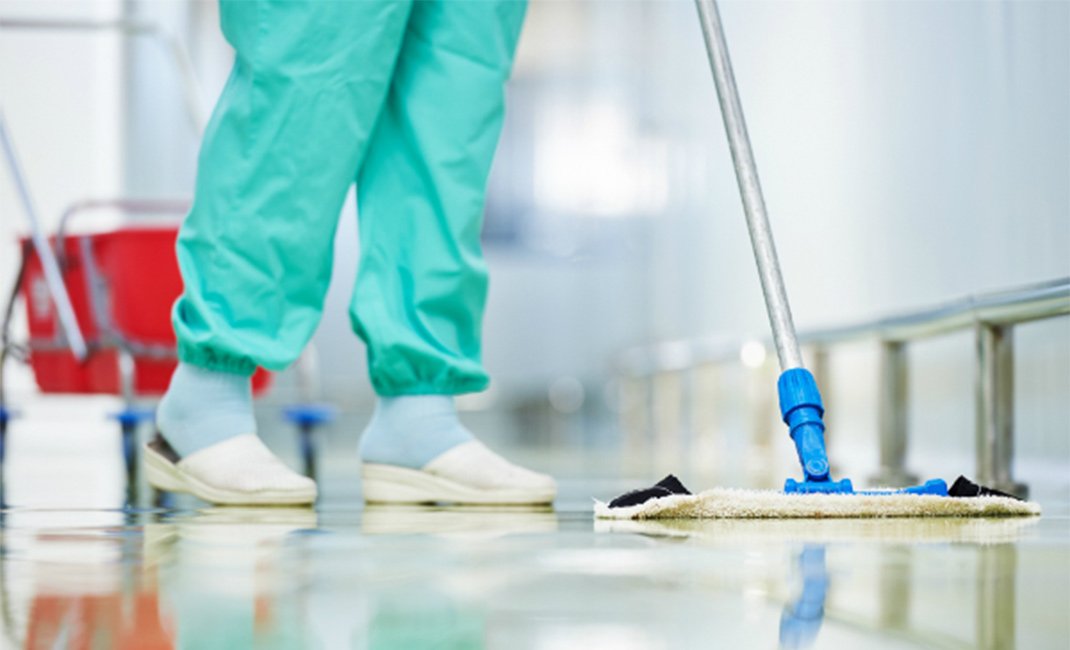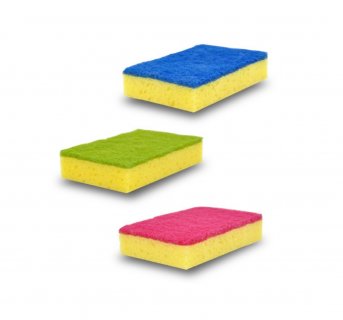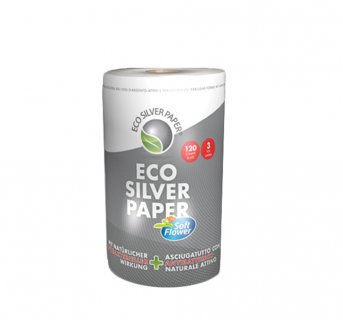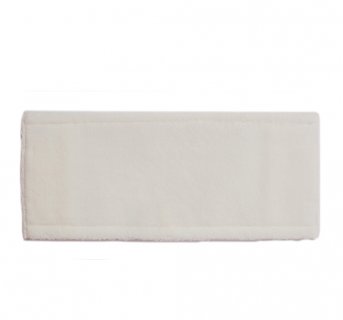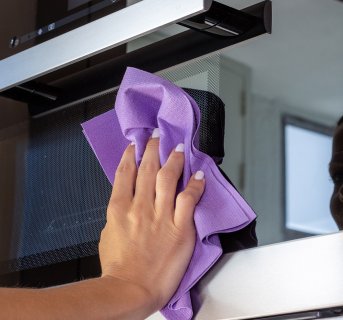As the coronavirus continues to spread, more and more people are looking for ways to clean and sanitize their living spaces.
It's always suggested to wash your hands thoroughly and avoid close contact with people who have the disease, but there are other things you can do to effectively clean your home.
The coronavirus is transmitted via respiratory droplets, and according to recent evidence, it may remain viable for hours or days depending on the surface.
There's already been an increase in demand for cleaning services all around the world, and numerous schools and businesses have closed for deep cleanings.
Here's how you could proceed with a deep-clean.
Remember to clean first, sanitize later
Cleaning refers to the removal of germs from surfaces. Disinfecting refers to the use of chemicals to kill germs on surfaces. Both can lower the risk of infection spread, but you should clean first, disinfect after.
Don't forget to read the label on your cleaning products. Some need to remain wet for anywhere from two to ten minutes.
Use household cleaners and disinfectants on frequently touched surfaces, such as
tables, doorknobs, light switches, and toilets. Before you disinfect dirty surfaces, clean them with detergent or soap and water.
For disinfecting, you can use alcohol solutions that contain at least 70% alcohol, household disinfectants, or diluted household bleach solutions. Don't use expired products, and don't mix bleach with any other cleaners.
It is also recommended for people to create their own bleach solutions by mixing 5 tablespoons of bleach per gallon of water or 4 teaspoons bleach per quarter of water.
Wear gloves and make sure you have good ventilation while you clean. You can throw away the gloves when finished.
If you're using reusable gloves, don't use them for other purposes, and clean your hands immediately after the gloves are removed. Remove the gloves carefully, pulling them inside out, and try not to let the outside of the glove touch your skin.
Wash dirty laundry in the warmest setting possible.
There is no need to shake dirty laundry, as that can spread viruses through the air. Use the warmest appropriate water setting for washing the items and let them dry completely afterward. If you're not using gloves when washing dirty laundry, make sure to wash your hands afterward. Also, consider washing the laundry bag that holds your clothes, as that surface can also collect germs and viruses.
Clean your electronics
Phones and tablets are "high touch" surfaces, so cleaning them is crucial. You should avoid using rubbing alcohol, disinfectants, or similar sprays, Business Insider previously reported, in part because using them can damage the protective coating on your phone's screen. Instead, turn off your device, lightly dampen a microfiber cloth with soap and water, and scrub the screen. You can also use a UV sanitation device, which beams UV-C rays at your phone in order to kill germs.
(www.labico.gr)

